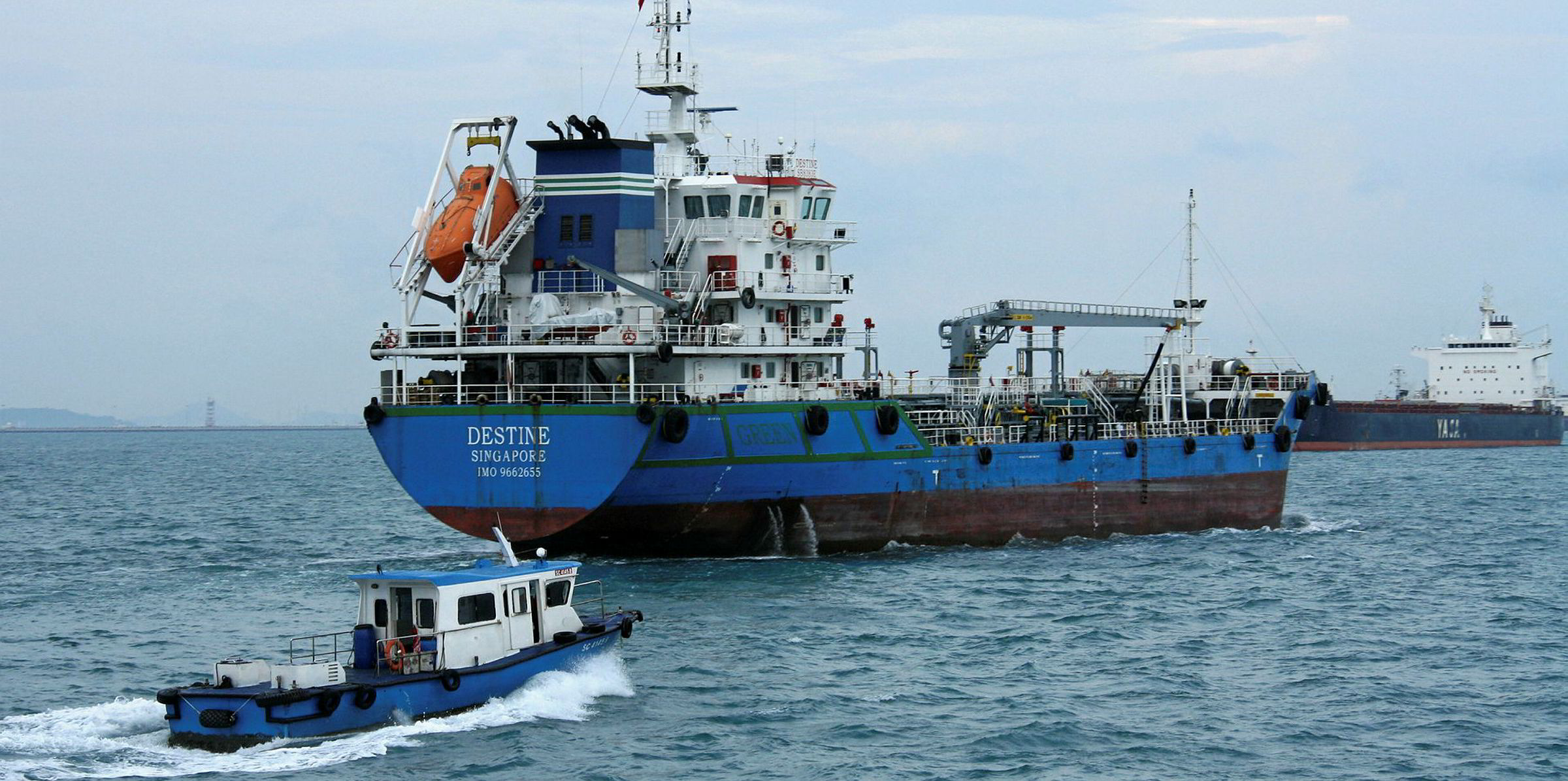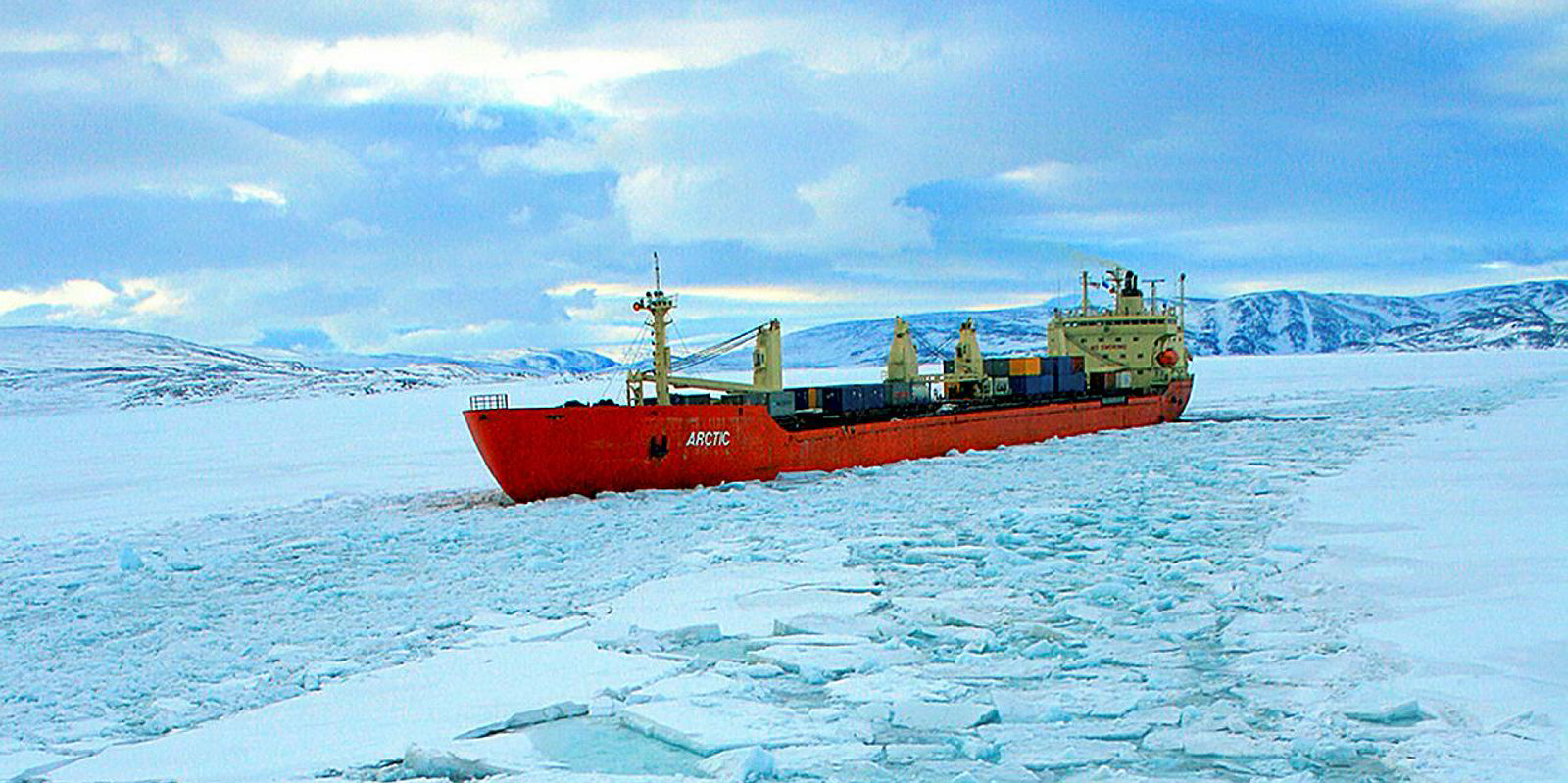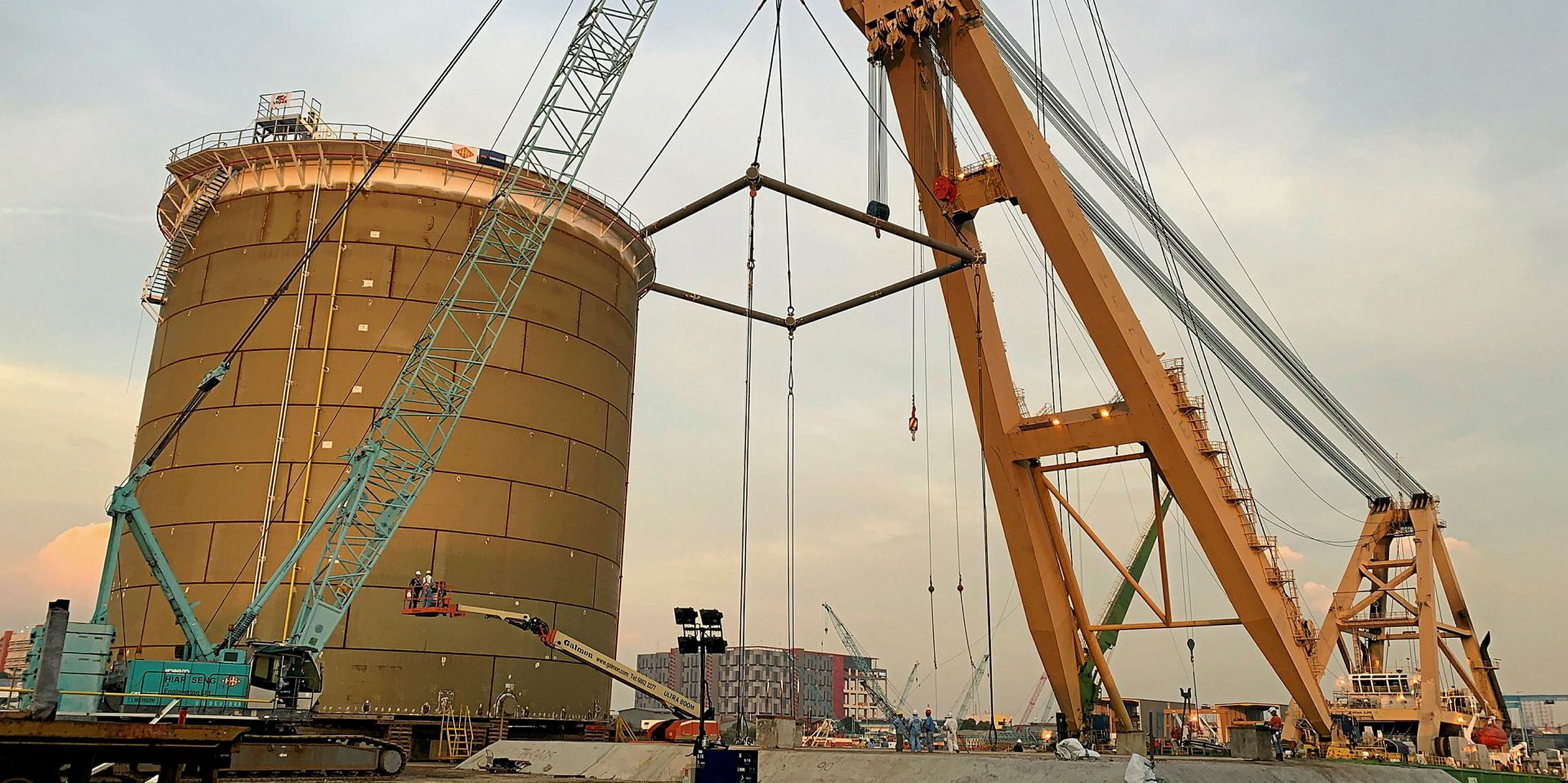Shipowners are struggling to dispose of high-sulphur fuel oil (HSFO) on board vessels in some markets as the IMO’s carriage ban takes effect, although the overall compliance level is expected to be high.
Under rules that come into force on 1 March, ships will not be allowed to carry any marine fuel with sulphur content above 0.5% in their bunker tanks. Ships with scrubbers are exempt from the carriage ban.
Industry participants reported that shipowners have often needed to pay for disposal in North Europe and the US, after facing regulatory and logistical challenges.
“It's subject to the legislation in different countries. There are some countries that do not allow de-bunkering at sea,” KPI Bridge Oil chief executive Soren Holl told TradeWinds.
'Waste oil'
In those cases, the fuel has to be dealt with as waste oil, he said.
Kishore Rajvanshy, Fleet Management managing director, said shipowners are “paying for disposal in some parts of the world”, partly due to logistical issues.
“In North Europe, we are facing some challenges due [to the] scarcity of barges with heating coils,” he said.
In contrast, for vessels operating in the East Asian market, owners can still receive monetary returns for their residual HSFO, although this does not apply in China.
According to the China Association of the National Shipbuilding Industry, more than 200 vessels are estimated to be stranded at Chinese dry docks, which are having difficulties operating at full capacity because of a limited labour force due to the coronavirus outbreak.
“The sail-out date of these ships has been naturally delayed and this fact is now compounded by the ban on HSFO disposals in many Chinese ports,” Rajvanshy said.

Even though those ships would not be able to discharge their HSFO, Chinese port state control authorities are expected to provide some leeway, given the extraordinary circumstances.
Most shipmanagers have expected the compliance level to be high on a global level, with the IMO providing ample time for preparation after announcing the ban in October 2018.
“We don't expect to hear of many ships stuck with non-compliant fuel beyond the deadline, even with the disruptions caused by the virus,” Synergy Marine Group chief executive Rajesh Unni said.
Strong HSFO market
“The IMO has issued memos ... guiding those who might find themselves stuck for reasons beyond their capacity.”
Whether gathered from Asian or Western markets, HSFO that is taken off ships is expected to be pooled together and resold in the resurgent market for the fuel.
A decline in the price spread between HSFO and the IMO 2020-compliant low-sulphur fuel oil (LSFO) has dampened the advantage of scrubber-fitted tonnage.
VLCCs fitted with exhaust gas cleaning systems had a $14,100 premium in daily earnings over non-scrubber ships as of Wednesday, down 30.5% from early February, according to Clarksons Platou Securities. The premium of scrubber-fitted capesize bulkers fell from $5,300 to $3,900. Smaller ships had even narrower premiums.
Bloomberg NEF’s lead oil demand researcher, Richard Chatterton, said the spread may widen again, however, with vessels refilling their tanks with LSFO to comply with the carriage ban.
“[The] ban will support [LSFO] prices as remaining vessels switch over to compliant fuels. The impact of the coronavirus, however, may complicate the switch for vessels,” he said.








